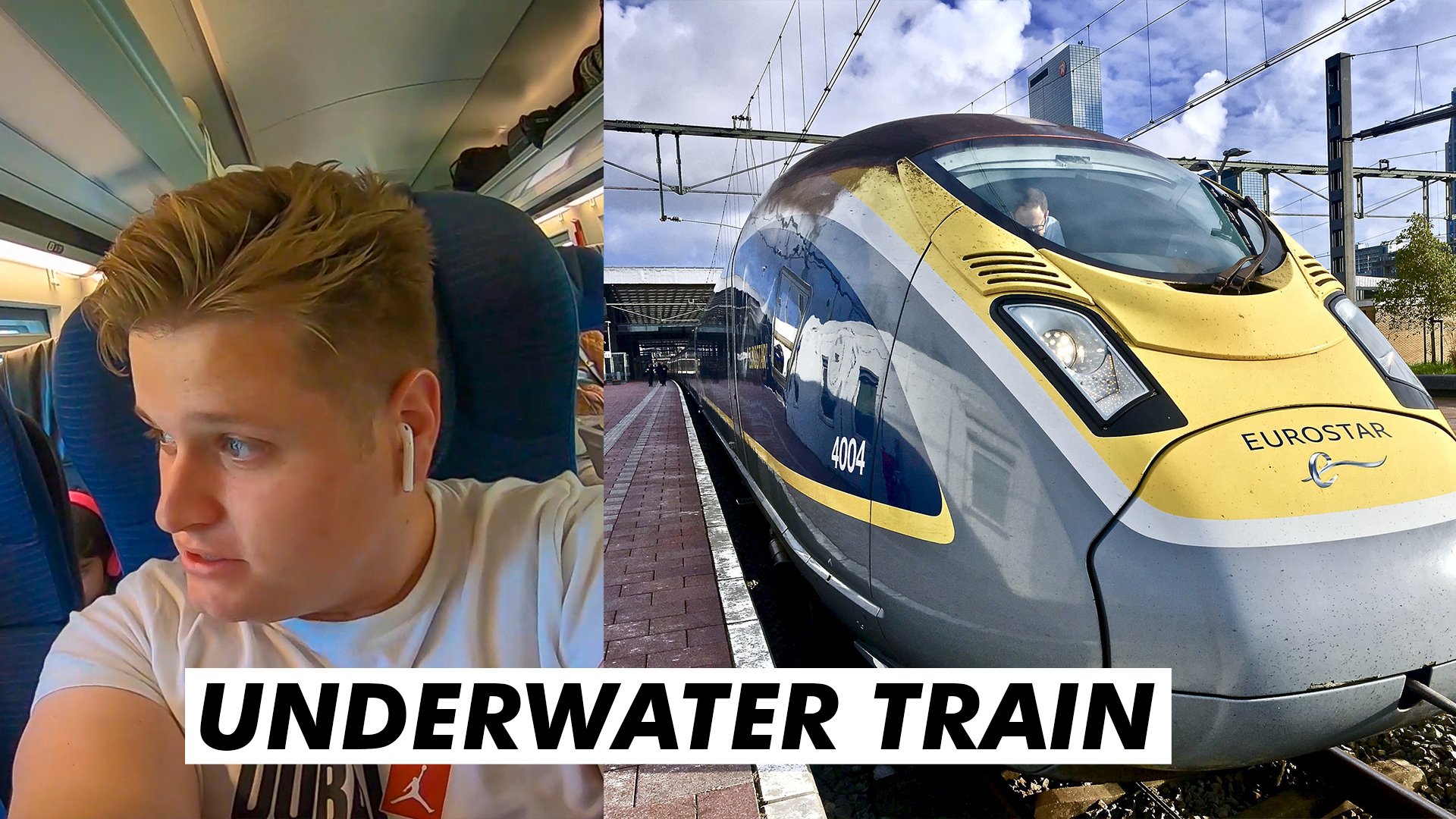Should attacks like those in Nice make people scared to travel?
/An image that I took in Nice last week on the Promenade des Anglais - the same stretch of coastline where 84 people were murdered on Thursday evening. You can also see the image on my Instagram.
It is certainly ironic that one of my most vivid travel memories actually involved no travel whatsoever.
I remember it clearly, the morning of Tuesday 22 March 2016. Like the typical student, I’d gone to bed pretty late the night before and wasn’t all that with it when my Dad awoke me just after seven in the morning, popping into my bedroom prior to leaving for work.
“It’s all kicking off in Brussels,” he told me.
In my semi-awake stupor, I wondered what he was talking about. Assuming it was nothing too out of the ordinary I rolled over and performed the millennial routine of checking my phone before getting out of bed.
It didn’t take long for me to connect the dots, seeing breaking news about a bombing at Brussels Zaventem Airport at every juncture.
On a normal schedule I would have done some more reading into it and followed developments for about half an hour before rolling back over and resetting my head in position, ready for a couple more hours of slumber.
But because I was due to fly out to the Belgian capital the very next day and my latest adventure now hung in the balance, I was hooked.
Refusing to rule out the prospect of fulfilling the itinerary and flying out to Brussels’ second airport, just south of the city in a place called Charleroi, I headed downstairs and turned on Sky News, whose programming I would be glued to for the rest of the day.
As events unfolded I opened my laptop and messaged the friend who I was travelling with, also named Tom, to give him a quick briefing.
My mind set was clear – the airport that we were due to fly to was perfectly fine and I still wanted to explore Brussels. If he didn’t want to come with, I’d go it alone.
Then he messaged back.
Just as I had messaged him to inform him of the news, he flung characters back in my direction, assembled to let me know of a second bomb that had gone off, this one at Maalbeek station, part of Brussels’ underground Metro network.
More lives lost, more injured and a country shaken to its core. Our trip was looking increasingly unlikely, but there was still a flicker of determination.
As the day wore on no further incidents took place, yet my initial hope to forgo the journey seemed continued to fade as the city was put on lockdown by the authorities. Only places that needed to be open and on alert – like emergency service buildings – remained in operation.
It soon approached four in the afternoon which is roughly when I decided to call it off – a decision I detailed in a blog post that very same day.
It simply wouldn’t have been worth it. All of the attractions were closed and the only thing to do would have been to knock around the empty streets, maybe even visit Grand Plaice without both its vigour and ambience. It just didn’t seem right.
Fast forward almost four months and there are plenty of holidaymakers mulling over the same decision as they consider whether to go to Nice, France’s third-biggest city and latest casualty of terrorism.
This time I was on the other side of the fence, the attack didn’t take place just before I went, but after it had happened.
The news, yet again, had become dominated with the image of a white lorry – a vehicle used in the massacre of 84, ploughing over two-hundred people down along a mile-long stretch of road on the city’s famed Promenade des Anglais.
It was virtually inconceivable to imagine Nice as a city clouded by fear, a peaceful, seaside settlement that had become the lump in their country’s throat overnight.
Exactly one week before it the scene, which became my lasting impression of Nice, was completely different.
The centre was packed full of tourists, locals and, perhaps most importantly on that night, football fans – their eyes transfixed on the bevy of television screens broadcasting the Euro 2016 semi-final between France and Germany.
Of course, France won with a comfortable 2-0 victory, booking their place in the final on home soil. As expected, Nice was ablaze with exuberant celebration with chanting, sounding car horns and the occasional flair keeping the party going late on into the night. At every turn there was a French flag and the tricolour was clearly king.
In fact, this Thursday wasn’t a lot different to begin with. Celebrations marking France’s national holiday, Bastille Day, which marks the storming of the Bastille, an important event in the French Revolution, were met with similar aplomb to that of events the week previous.
Celebration was rife, and why wouldn’t it be? Especially after the tough few months that the French people had lived through in the wake of the attacks on Charlie Hebdo in January 2015 and the Bataclan and Paris in November of last year.
It was supposed to be a time for the country, as a whole, to lay to rest the anguish caused by acts of terrorism and look forward to a brighter future, but it ended up being anything but that.
Not only did it leave the lives of many in tatters, but it left other with a dilemma far more trivial than words will ever be able to express - to stay or go?
I do happen to believe that carrying on as close to 'normal' as possible is the biggest act of defiance in the war on terror.
Back in March, I wasn’t scared, nor did I fear a terrorist attack, hence why I was still prepared to travel to Brussels. The only reason why I didn’t was to save money and rebook the trip for a time when I could actually experience Brussels in its true form. Not some ghost town that was bound give off a false impression.
Some of terrorism’s main aims are to spread fear, divide people and induce hate. But for anyone heading to Nice, France or even Turkey over the coming days and weeks, I firmly believe that you should stick to your plans where possible, and try to enjoy it as best you can.
By getting on with your lives and trying to live as normally as possible, it is preventing the terrorists from winning.
And, no, that should not come at the expense of safety and security. I would urge everyone to remain vigilant and to obviously take official advice from organisations like the Foreign & Commonwealth Office (FCO), who offer the latest official advice for Brits travelling abroad.
But at the end of the day, the terrorists may be able to dampen spirits, but we need to ensure that they never break them; and that’s an outlook that I will always maintain. Terrorism, although in the back of everybody’s minds one way or another, will never prevent me travelling.
With that said, may those who died in the Brussels and Nice attacks, as well as all of the innocent lives lost to terrorism and war all over the world, rest in peace. They will not be forgotten.

















If you’ve never been to The Louvre but want to get a feel for the experience, watch this vlog and see what visiting the Mona Lisa is really like.